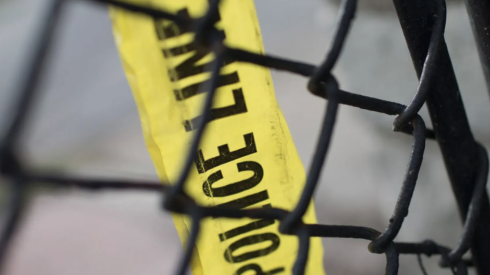Archaeologists have uncovered the dungeons of a Turkish castle they believe once held Dracula – or rather, the 15th century Wallachian prince who inspired Bram Stoker’s character, popularly known as Vlad the Impaler.
A secret tunnel, storage rooms and a military shelter also were uncovered during restoration work on Tokat Castle, according to the Hurriyet Daily News.
“It is hard to estimate in which room Dracula was kept, but he was around here,” archaeologist İbrahim Çetin told the Hurriyet Daily News.
As children, Vlad III and his brother Radu were taken as hostages by the Ottomans to ensure the loyalty of their father, according to Ancient Origins. During this time, Vlad was held in Tokat Castle. Also during this time, he reportedly developed an intense hatred for the Ottomans.
This led to his later brutality against them, the stuff that earned him the nickname “the Impaler” and inspired Dracula, the website said.
The restoration of Tokat Castle started in 2009, the Hurriyet Daily News reported, and the dungeons were discovered in the last 10 weeks of excavations.
“The castle is completely surrounded by secret tunnels. It is very mysterious,” Çetin said.
h/t The Week




